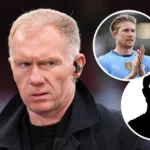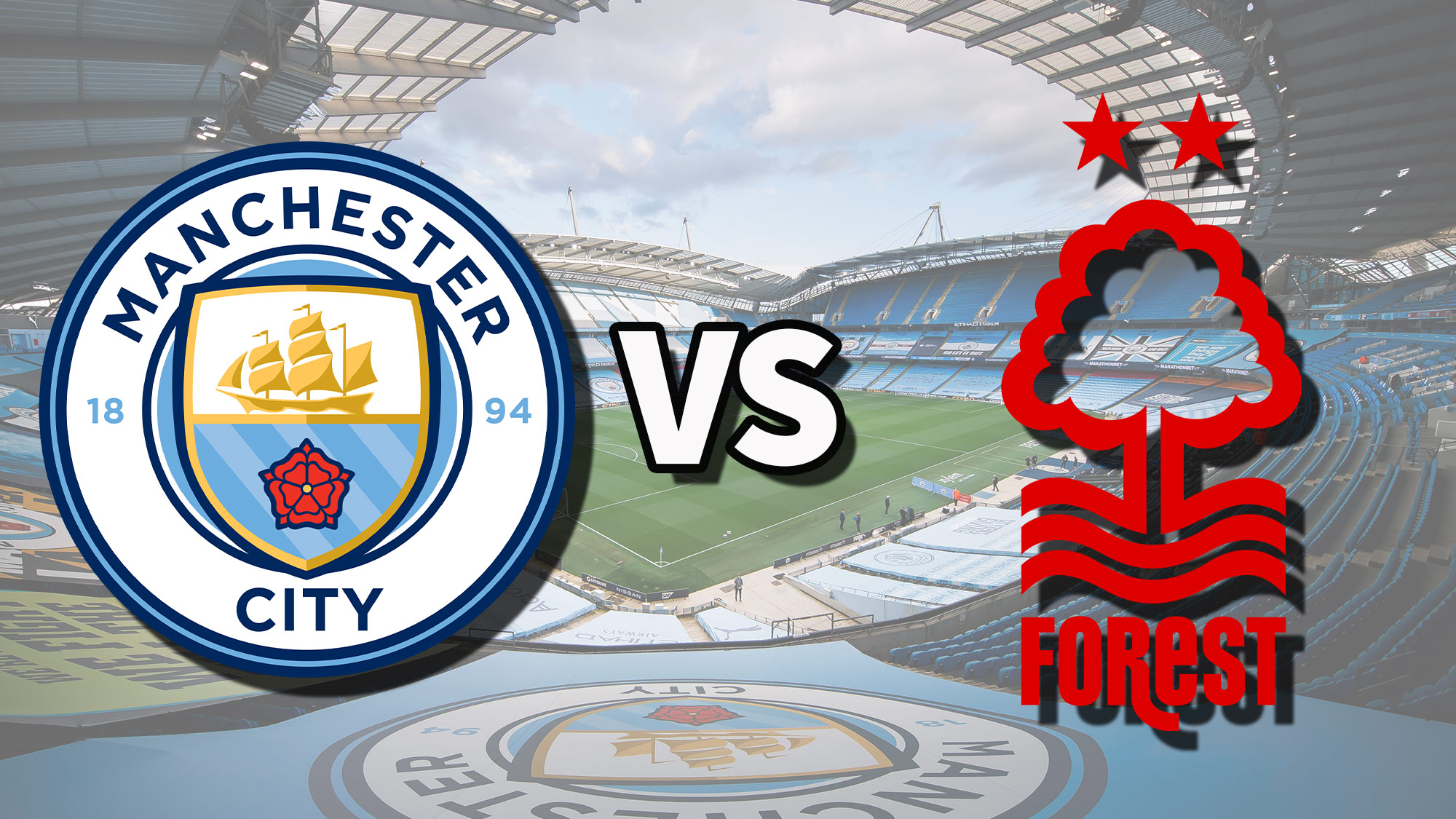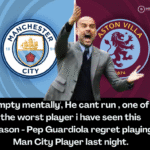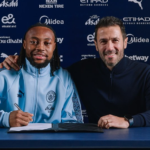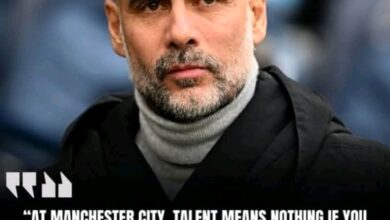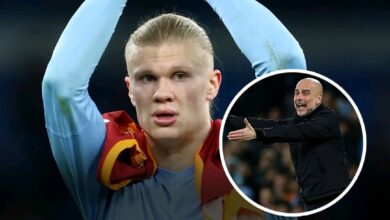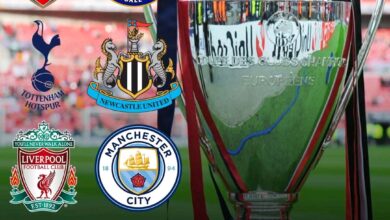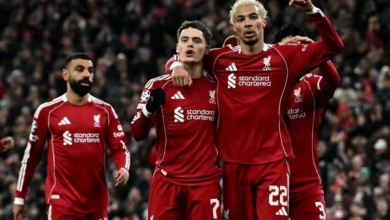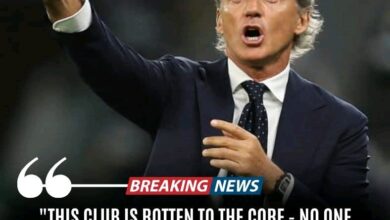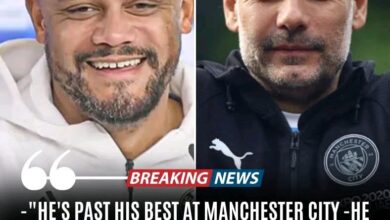Guardiola warns Manchester City’s injury-prone players could be sold
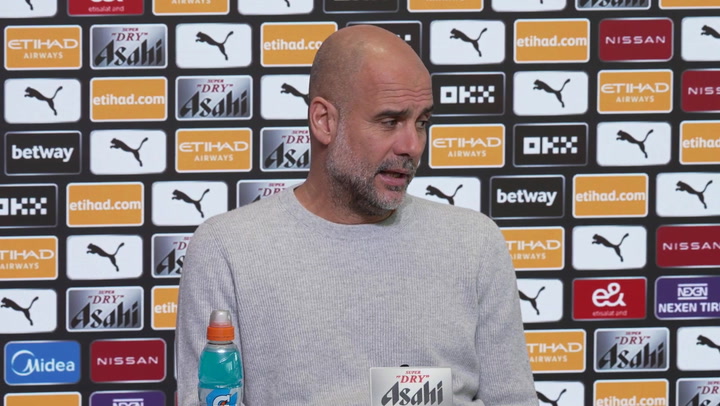
Pep Guardiola, the manager of Manchester City, recently made a statement indicating that players who cannot keep up with the intense schedule and demands of the team due to injuries or fatigue may have to leave the club. Guardiola specifically mentioned a few key players, including Kevin De Bruyne, John Stones, Nathan Aké, Ilkay Gündogan, and Bernardo Silva, as those who could be at risk. His comments came after another setback for the team in their Champions League match against Real Madrid, where John Stones became the latest player to suffer an injury. Stones, who had already been struggling with injuries this season, was forced to leave the field after just eight minutes due to a thigh problem. This injury has raised concerns that his season might be over, as this was only his 20th appearance of the campaign. Guardiola also noted that other players, like Manuel Akanji, who is currently sidelined with an abductor issue, may require surgery to address their injuries. Guardiola stated that the next few days would reveal whether Stones and Akanji would need surgical intervention.
Guardiola made it clear that many of his players are unable to handle the physical demands of playing so many games in such a short period. With 11 players on his squad aged 30 or older by September, Guardiola acknowledged that some of them would need to be moved on as the club continues to assess its future. The manager emphasized the importance of being realistic about the situation and having honest discussions with the doctors, physios, players, and their agents. He suggested that players cannot continue to play every three to four days without proper recovery, especially as they get older. He also pointed out that there is only one more year until the World Cup, and the demands of modern football mean that some players may not be able to maintain the intensity required to perform at the top level.
Nathan Aké, who replaced Stones in the Real Madrid game, is another player who has struggled with injuries this season. Aké, who is 30 years old, has only played 16 times this term. Meanwhile, Kevin De Bruyne, at 33, has also been dealing with injury issues. He missed nearly two months earlier in the season due to a pelvic problem and has struggled with a serious hamstring injury that limited his appearances the previous year. Guardiola was asked why De Bruyne, one of City’s most important players, was left as an unused substitute in the Champions League match against Madrid. The manager explained that the decision was based on what he had observed in terms of the team’s needs and tactical approach. Guardiola mentioned that the team lacked strength and physicality at the moment, and for that particular game, he felt that more control was needed rather than relying on players who might not be able to contribute to that level of play. He also pointed out that Jérémy Doku, another key player, had been in excellent form before being sidelined by injury.
Guardiola’s comments reflect a broader issue facing Manchester City, as a number of players will turn 30 or older by the end of the year. These players include Akanji, Gündogan, Silva, Jack Grealish, Mateo Kovacic, Stefan Ortega, Ederson, and Kyle Walker, who is currently on loan at Milan. Guardiola acknowledged that the football calendar is now overwhelming, with more than 50 games in a season, which is simply too much for the human body to handle. The constant travel, matches, and physical exertion are taking a toll on players, especially those in their 30s, and Guardiola suggested that the club must make difficult decisions about the future of some of these players to maintain the team’s long-term success.
Another injury concern for City was the absence of their star striker Erling Haaland, who missed the Champions League defeat by Real Madrid due to a knee injury he sustained during the closing stages of the home victory over Newcastle the previous weekend. City had hoped that Haaland would be fit for the Madrid game, but scans showed no serious damage, although Haaland still felt pain on the day of the match and was ultimately left on the bench. Guardiola was uncertain about Haaland’s availability for the upcoming Premier League match against Liverpool. He explained that it would depend on how the player felt after a test during training, and that they would know more after that session. Despite the uncertainty surrounding Haaland’s fitness, Guardiola acknowledged that the Norwegian’s presence on the field is crucial for City’s success. Haaland has scored 27 goals in all competitions this season, and his absence would be a significant loss for the team. However, Guardiola also noted that new signing Omar Marmoush had stepped up in Haaland’s absence, scoring a hat-trick against Newcastle, which showed that City now has other good attacking options.
While Guardiola stressed the importance of having Haaland available, he also emphasized that every player on the team shares responsibility for both the successes and failures of the club. He recognized that Haaland’s contribution to the team has been invaluable this season, but he also acknowledged that the team is stronger when all players are fit and firing on all cylinders. Guardiola’s comments reflect his understanding of the balance needed between individual performances and collective efforts. While Haaland’s goals are vital, the team’s overall success depends on contributions from all players, and Guardiola is mindful of ensuring that the squad remains strong even when key players are unavailable.
The situation at Manchester City highlights the challenges faced by top clubs in modern football. The relentless fixture schedule, coupled with the physical demands of playing in multiple competitions, places immense pressure on players. As City aims to maintain its position at the top of both English and European football, Guardiola faces difficult decisions regarding his squad. The club has built a team capable of winning major trophies, but as players age and injuries accumulate, Guardiola must plan for the future by making changes to the squad. The need for a refresh is clear, and Guardiola is already thinking about how to rebuild his team to ensure that City remains competitive in the years to come.
The challenge for Guardiola and Manchester City now is to balance the immediate need for success with the long-term sustainability of the team. The club must continue to compete at the highest level while also planning for the future by developing younger players, bringing in new talent, and managing the fitness and well-being of the existing squad. Guardiola’s recent comments reflect his awareness of these challenges, and his willingness to make tough decisions to ensure that the club remains at the top. While some players may need to be sold or moved on, the ultimate goal is to maintain City’s dominance in English and European football, and Guardiola is fully committed to achieving that.
As the season progresses, Guardiola will continue to assess the condition of his players and make decisions based on what is best for the team’s future. The injuries to key players like Stones, Aké, and De Bruyne have already raised questions about the squad’s ability to compete at the highest level, but Guardiola remains focused on finding solutions. Whether it involves making changes to the squad in the summer or adjusting tactics to cope with the current situation, Guardiola’s primary goal is to ensure that Manchester City continues to challenge for major trophies. The club’s future depends on maintaining a balance between experienced players and younger talent, and Guardiola is determined to make the necessary changes to keep the team competitive for years to come.

